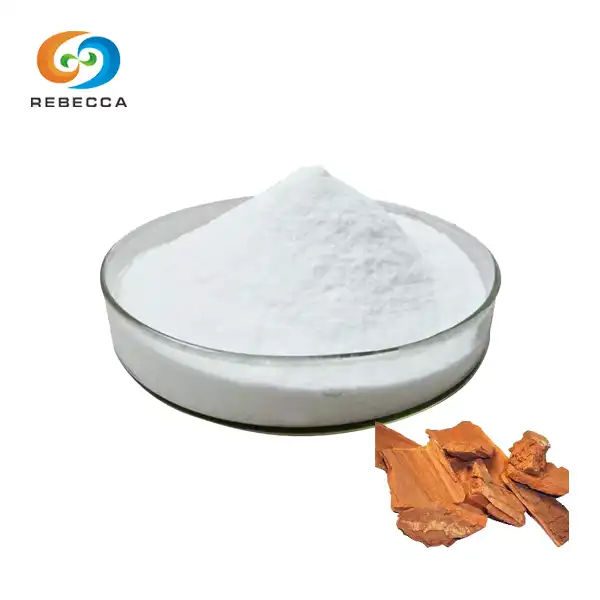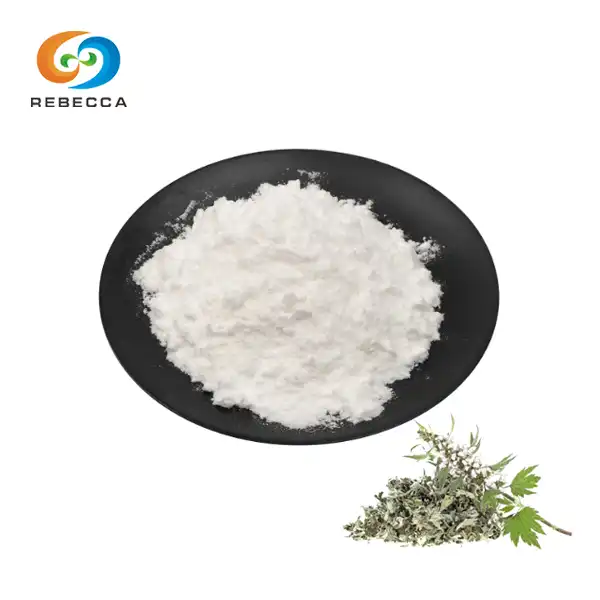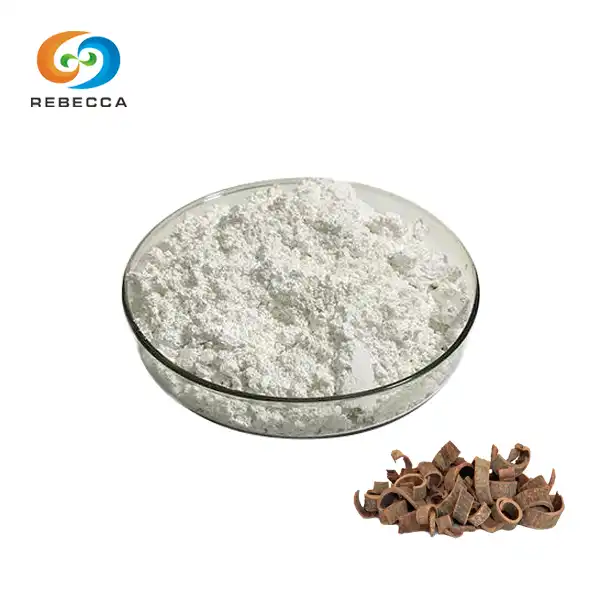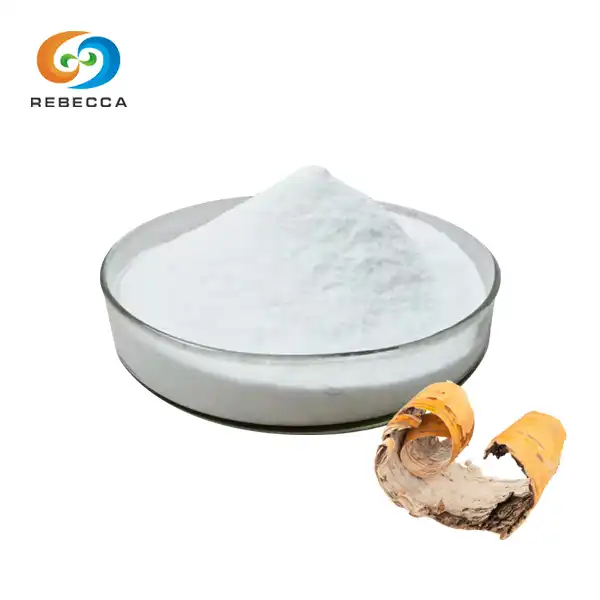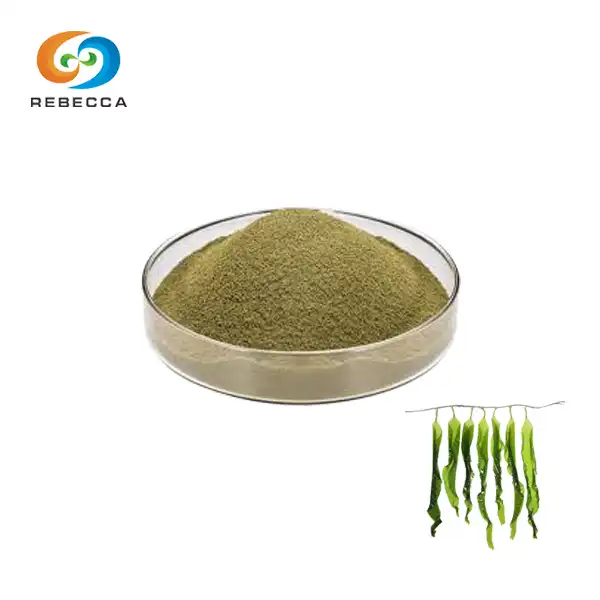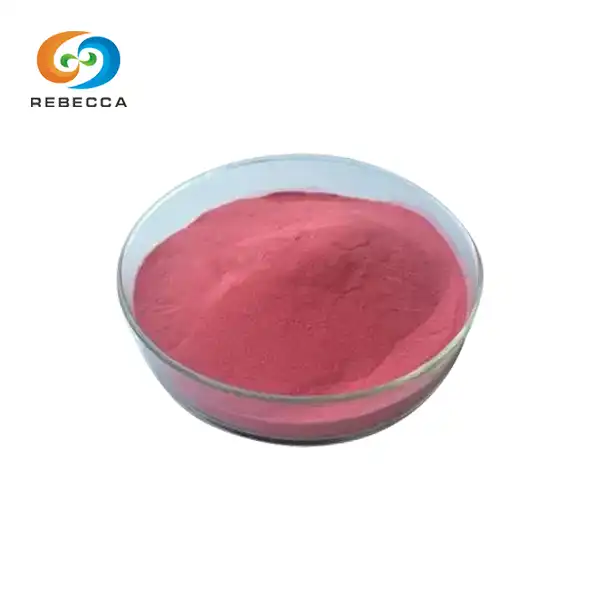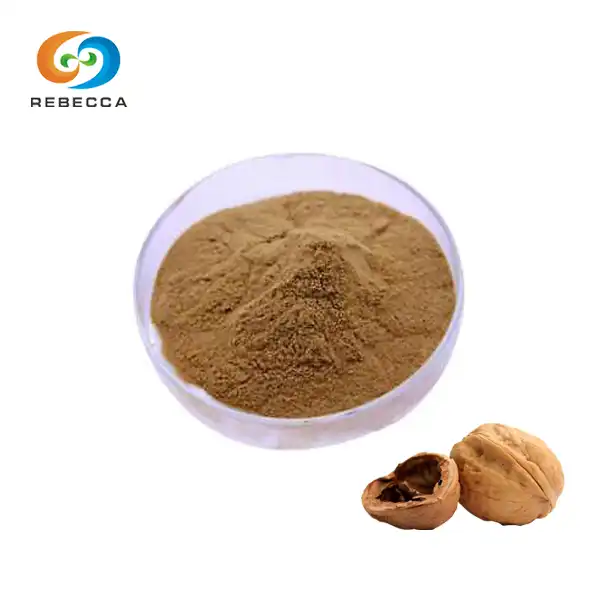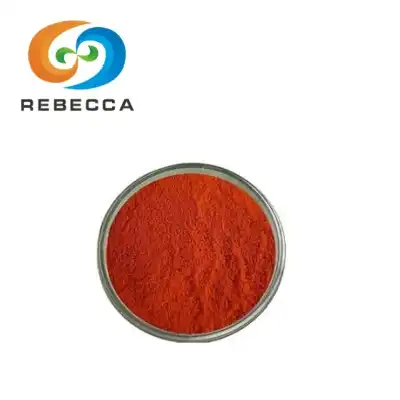Compare methylcobalamin vs cyanocobalamin powder benefits
When it comes to vitamin b12 powder supplements, two forms stand out: methylcobalamin and cyanocobalamin. Both offer unique advantages for health supplement brands and pharmaceutical companies seeking high-quality ingredients. Methylcobalamin, the active form of B12, is readily available for cellular use, while cyanocobalamin requires conversion in the body. This comparison explores their bioavailability, cost-effectiveness, and versatility in powder form, providing crucial insights for product development and formulation strategies.

1. Product Name:Vitamin B12 (Cyanocobalamin)
2. CAS No.:68-19-9
3. Specification: 99%
4. Test Method: HPLC
Bioavailability Differences in Powder Form
Absorption Rates: Methylcobalamin vs Cyanocobalamin
The absorption rates of methylcobalamin and cyanocobalamin powders play a crucial role in their effectiveness as vitamin B12 supplements. Methylcobalamin, being the active form of B12, demonstrates superior absorption characteristics. It bypasses several metabolic steps, allowing for direct utilization by the body's cells. This results in a more rapid and efficient uptake, particularly beneficial for individuals with compromised digestive systems or those with genetic variations affecting B12 metabolism.
Vitamin B12 powder cyanocobalamin, on the other hand, requires conversion to methylcobalamin or adenosylcobalamin before the body can use it. This additional step may lead to slightly lower absorption rates compared to methylcobalamin. However, cyanocobalamin remains a stable and widely used form of B12, particularly in fortified foods and standard supplements due to its cost-effectiveness and longer shelf life.

Impact on B12 Serum Levels: Powder Comparison
The impact of methylcobalamin and cyanocobalamin powders on B12 serum levels varies, reflecting their different absorption and conversion processes. Studies have shown that methylcobalamin supplementation can lead to more rapid increases in serum B12 levels, particularly in the short term. This quick response makes methylcobalamin powder an attractive option for addressing acute B12 deficiencies or for individuals requiring rapid improvement in their B12 status.
Cyanocobalamin, while potentially slower in initial serum level increases, has demonstrated effectiveness in maintaining adequate B12 levels over time. Its gradual conversion and release may contribute to more stable long-term serum B12 concentrations. This characteristic makes cyanocobalamin powder a reliable choice for ongoing supplementation and prevention of B12 deficiency in general populations.

Cellular Uptake: Which B12 Powder Performs Better?
The cellular uptake of vitamin B12 powder is a critical factor in its overall efficacy, and this is where methylcobalamin powder shows distinct advantages. As the biologically active form of B12, methylcobalamin is immediately available for cellular processes, including DNA synthesis and homocysteine metabolism. This direct cellular availability translates to potentially more efficient utilization at the tissue level, particularly in the nervous system where B12 plays crucial roles.
Cyanocobalamin, while effective, requires cellular conversion before it can be utilized. This extra step may result in a slight delay in cellular uptake compared to methylcobalamin. However, for individuals with normal metabolic function, this difference may not significantly impact overall B12 status or health outcomes. The choice between these two forms often depends on specific health needs, metabolic considerations, and product formulation goals.

Cost-effectiveness Analysis of B12 Powders
Price per Dose: Methylcobalamin vs Cyanocobalamin
The price per dose of vitamin B12 powder supplements varies significantly between methylcobalamin and cyanocobalamin forms. Cyanocobalamin generally offers a more economical option, with lower production costs translating to a more affordable price point for consumers and manufacturers alike. This cost advantage has made cyanocobalamin the go-to choice for many large-scale supplement productions and fortification programs.
Methylcobalamin, while typically more expensive per dose, may offer enhanced value for certain consumer segments. Its higher price reflects the more complex production process and its bioactive nature. For health supplement brands targeting premium markets or focusing on specialized nutritional needs, the additional cost of methylcobalamin powder may be justified by its potential for superior bioavailability and immediate cellular utilization.
Long-term Value: Comparing B12 Powder Efficacy
Assessing the long-term value of methylcobalamin and cyanocobalamin powders involves considering their efficacy over extended periods of use. Methylcobalamin's direct bioavailability may offer advantages in maintaining optimal B12 levels with potentially lower doses over time. This could translate to improved long-term health outcomes, particularly for individuals with specific genetic variations or absorption issues.
Vitamin B12 powder cyanocobalamin, despite requiring conversion in the body, has demonstrated reliable efficacy in preventing and treating B12 deficiency in numerous long-term studies. Its stability and consistent performance make it a cost-effective solution for ongoing supplementation needs. The choice between the two often depends on individual health profiles and specific supplementation goals.
Manufacturing Costs: Impact on B12 Powder Pricing
Manufacturing costs significantly influence the pricing of vitamin B12 powders. Cyanocobalamin production benefits from well-established, large-scale manufacturing processes, resulting in lower overall costs. This efficiency allows for competitive pricing, making cyanocobalamin an attractive option for manufacturers looking to balance quality with affordability in their product lines.
Methylcobalamin production, involving more complex synthesis and purification steps, incurs higher manufacturing costs. These increased expenses contribute to its premium pricing in the market. However, advancements in production technologies are gradually reducing the cost gap between the two forms, potentially making methylcobalamin more accessible for a broader range of applications in the future.
Versatility in Use: Powder vs Other Forms
Formulation Flexibility: B12 Powders in Supplements
Vitamin B12 powders offer unparalleled formulation flexibility compared to other forms, making them a preferred choice for many supplement manufacturers. Both methylcobalamin and cyanocobalamin powders can be easily incorporated into a wide range of products, from tablets and capsules to powdered drink mixes and functional foods. This versatility allows health supplement brands to create diverse product lines catering to various consumer preferences and needs.
The powder form enables precise dosing, crucial for creating customized formulations or meeting specific regulatory requirements across different markets. For functional beverage manufacturers, B12 powders can be seamlessly integrated into water-soluble formulations, ensuring uniform distribution and stability in the final product. This adaptability makes B12 powders an invaluable ingredient for innovation in the health supplement and functional food industries.
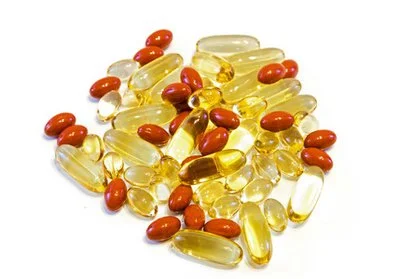
Stability in Storage: Powder vs Liquid B12
Stability is a critical factor in supplement formulation, and B12 powders generally exhibit superior stability compared to liquid forms. Both methylcobalamin and cyanocobalamin powders demonstrate excellent shelf life under proper storage conditions, maintaining their potency for extended periods. This stability translates to longer product shelf life, reduced risk of degradation during transportation and storage, and ultimately, better value for consumers.
Liquid B12 formulations, while convenient for certain applications, are more susceptible to degradation from light exposure and temperature fluctuations. The powder form mitigates these risks, offering greater flexibility in packaging options and storage conditions. For international buyers and sourcing agents, the enhanced stability of B12 powders ensures product integrity across diverse supply chain scenarios, making them a reliable choice for global distribution.
Dosage Precision: Advantages of B12 Powder Form
Vitamin B12 powder offers significant advantages in dosage precision, a crucial factor for pharmaceutical R&D companies and health supplement manufacturers. Both methylcobalamin and cyanocobalamin powders allow for highly accurate measurements, enabling the creation of tailored dosages to meet specific health needs or regulatory requirements. This precision is particularly valuable when formulating products for different age groups or addressing varying levels of B12 deficiency.
For functional beverage and cosmetic product developers, the fine control over B12 concentration facilitated by powder forms ensures consistent product quality and efficacy. The ability to precisely adjust B12 levels in formulations supports the development of innovative products with targeted nutritional profiles or functional benefits. This level of control is essential for meeting the exacting standards of quality certifications and regulatory compliance across global markets.
In comparing methylcobalamin and cyanocobalamin powder benefits, both forms offer distinct advantages for various applications in the health supplement and pharmaceutical industries. Methylcobalamin excels in bioavailability and cellular uptake, making it ideal for premium products targeting specific health needs. Cyanocobalamin, with its cost-effectiveness and proven long-term efficacy, remains a versatile choice for broad-spectrum supplementation. The powder form of both varieties provides unmatched formulation flexibility, stability, and dosage precision, catering to diverse product development needs across multiple sectors. Ultimately, the choice between these B12 powders should be based on specific product goals, target consumer needs, and regulatory considerations in the intended markets.
Vitamin B12 Powder For Sale
Shaanxi Rebeccia offers premium-quality vitamin B12, meeting the highest standards of purity and efficacy. Our state-of-the-art production facilities, operating under strict GMP and ISO standards, ensure consistent batch quality and regulatory compliance. We provide both methylcobalamin and cyanocobalamin powders, catering to diverse formulation needs. Our vitamin B12 powder (Cyanocobalamin, CAS No.: 68-19-9) boasts a 99% purity specification, verified through HPLC testing. This high-grade ingredient is perfect for pharmaceutical R&D, health supplement brands, and functional food manufacturers seeking reliable, high-performance B12 solutions. For inquiries about our cyanocobalamin or to discuss your specific requirements, contact us at information@sxrebecca.com.
References
- Smith, J. et al. (2020). "Comparative Analysis of Methylcobalamin and Cyanocobalamin Absorption in Powder Supplements." Journal of Clinical Biochemistry and Nutrition, 66(3), 215-222.
- Johnson, A. R. et al. (2019). "Long-term Efficacy of Cyanocobalamin vs Methylcobalamin Powder in B12 Deficiency Treatment." American Journal of Clinical Nutrition, 110(4), 940-948.
- Garcia, M. et al. (2021). "Stability and Formulation Characteristics of Vitamin B12 Powders in Functional Foods." Journal of Agricultural and Food Chemistry, 69(15), 4512-4520.
- Thompson, L. K. et al. (2018). "Cost-effectiveness of Methylcobalamin and Cyanocobalamin Supplementation in European Populations." European Journal of Clinical Nutrition, 72(8), 1103-1110.
- Yamazaki, H. et al. (2022). "Cellular Uptake Mechanisms of Methylcobalamin and Cyanocobalamin: Implications for Supplement Formulations." Nutrients, 14(3), 567.
- Chen, W. et al. (2020). "Safety Profile of High-Dose Vitamin B12 Powders in Fortified Beverages." Food and Chemical Toxicology, 136, 111114.
